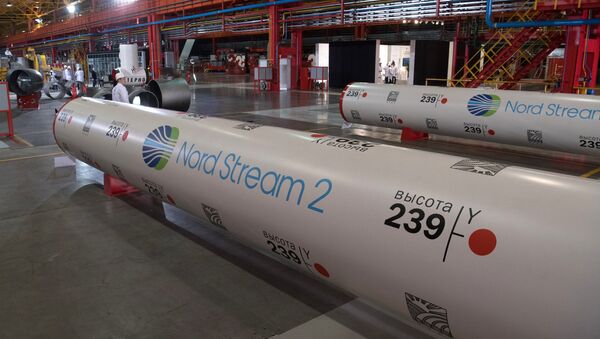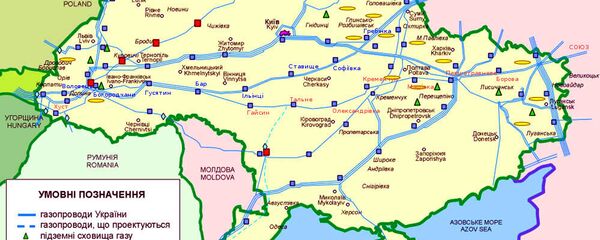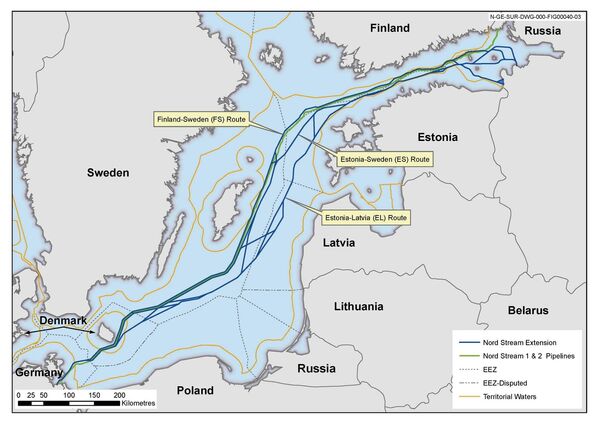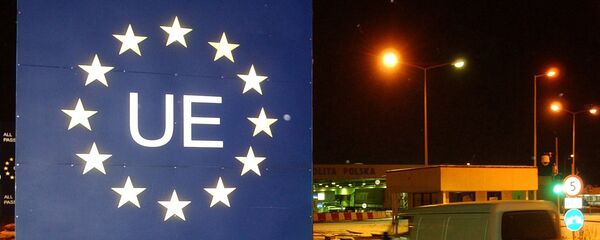According to Mario Mehren, chairman of Wintershall Russia, Warsaw's efforts to block the project are a repeat of its actions regarding the first North Stream gas pipeline project.
"Poland tried, and continues to try, to disrupt the project. This is really déjà vu, it was the same with Nord Stream 1," Mehren told the company's annual news conference, the Russian newspaper Kommersant reported.
"Then, we agreed to create the capacity for reverse gas flow between Germany and Poland, in order to allay their fears that they might be cut off from the supply of gas. But there was almost no demand for this energy, probably because gas from Russia is cheaper," he explained.
"Very often, Russia and Gazprom are blamed for politicizing gas pipeline projects," but this is a case of "politicization from other parties," Mehren said.
Tilo Viland, head of Wintershall's Exploration & Production in Russia, North Africa and South America, said that Warsaw is exhibiting double standards.
"Poland is always demanding solidarity from other European countries but it doesn't always demonstrate this itself. However, solidarity is not a one-way street, and in the case of the Nord Stream 2 project they could show that they are willing to give as well as take," Viland said.
Nord Stream 2 will comprise a twin 1,200 km pipeline with a capacity of 55 billion cubic meters (bcm) of gas. It will run underneath the Baltic Sea from the Russian town of Vyborg near the Finnish border to Lubmin, near Greifswald in Germany.
While the pipelines don't pass through Polish territorial waters, the project's managers are holding consultation with Poland as well as the neighboring Baltic states.
The Polish competition authority objected to the merger on the grounds that it would increase Gazprom's share of the European gas market.
Since the watchdog has the power to fine companies for proceeding without its approval, the five companies withdrew their merger application but stated their continued desire to contribute in some form to this project, which they consider "crucial" to the European energy system.
Rafal Zasun, editor-in-chief of Polish Internet portal Wysokie Napięcie (High Voltage), told Sputnik that the extra gas supplies to Lubmin also represent competition for Polish plans to build a new terminal for liquefied gas it is going to receive from offshore fields in Norway.
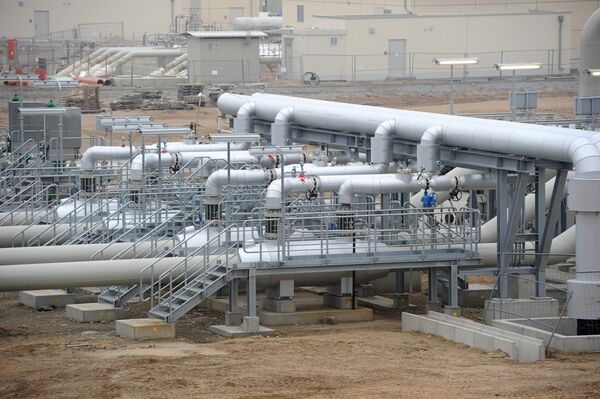
On Wednesday, Russian President Vladimir Putin met with Kurt Bock, the chief executive of Wintershall's parent company, chemical giant BASF.
At the meeting, Putin reassured transit countries that "this project is not directed against any of our partners."
"Taking into account the growth in consumption in Europe and the decline in production of our European partners, Nord Stream 2 is an absolutely natural project," Putin said during talks with Bock.
Never miss a story again — sign up to our Telegram channel and we'll keep you up to speed!

